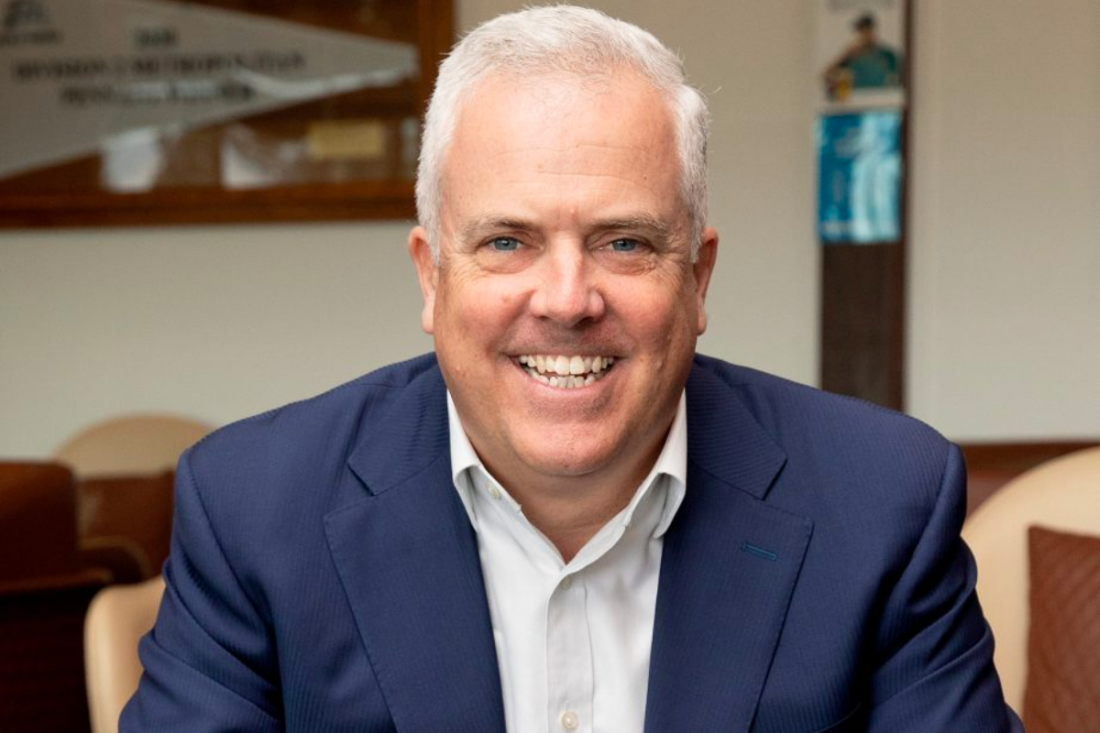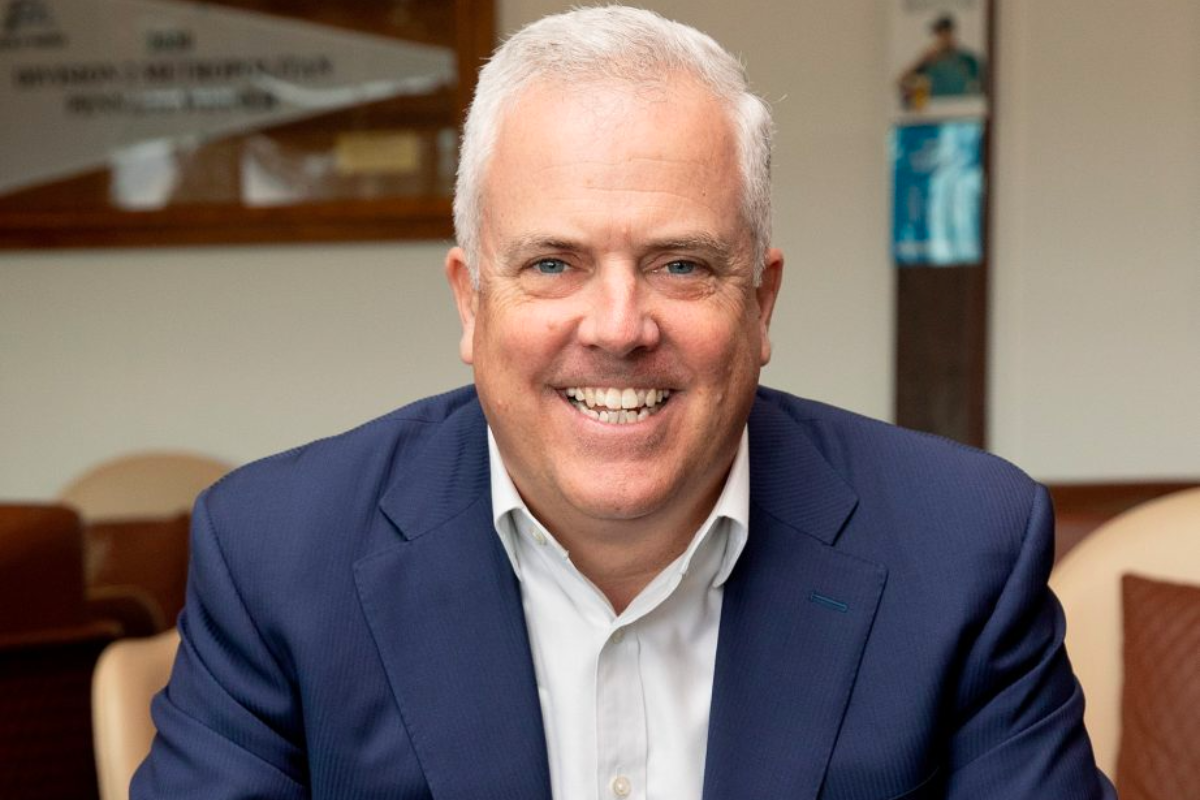Creating products for professionals requires a certain level of understanding. An entry level product needs merely to do the job as advertised, and must be basic enough for anyone to use. Professionals demand more, and to provide it means knowing precisely what they need and whether it’s possible to manufacture on the factory floor.
That means staying in touch not only with the end user but those tasked with developing and creating the products, which can become a problem for some manufacturing companies as they scale up.
Preventing such distance is something ARDEX Australia Regional Managing Director for Oceania Fabian Morgan has been mindful of since the early days of his career.
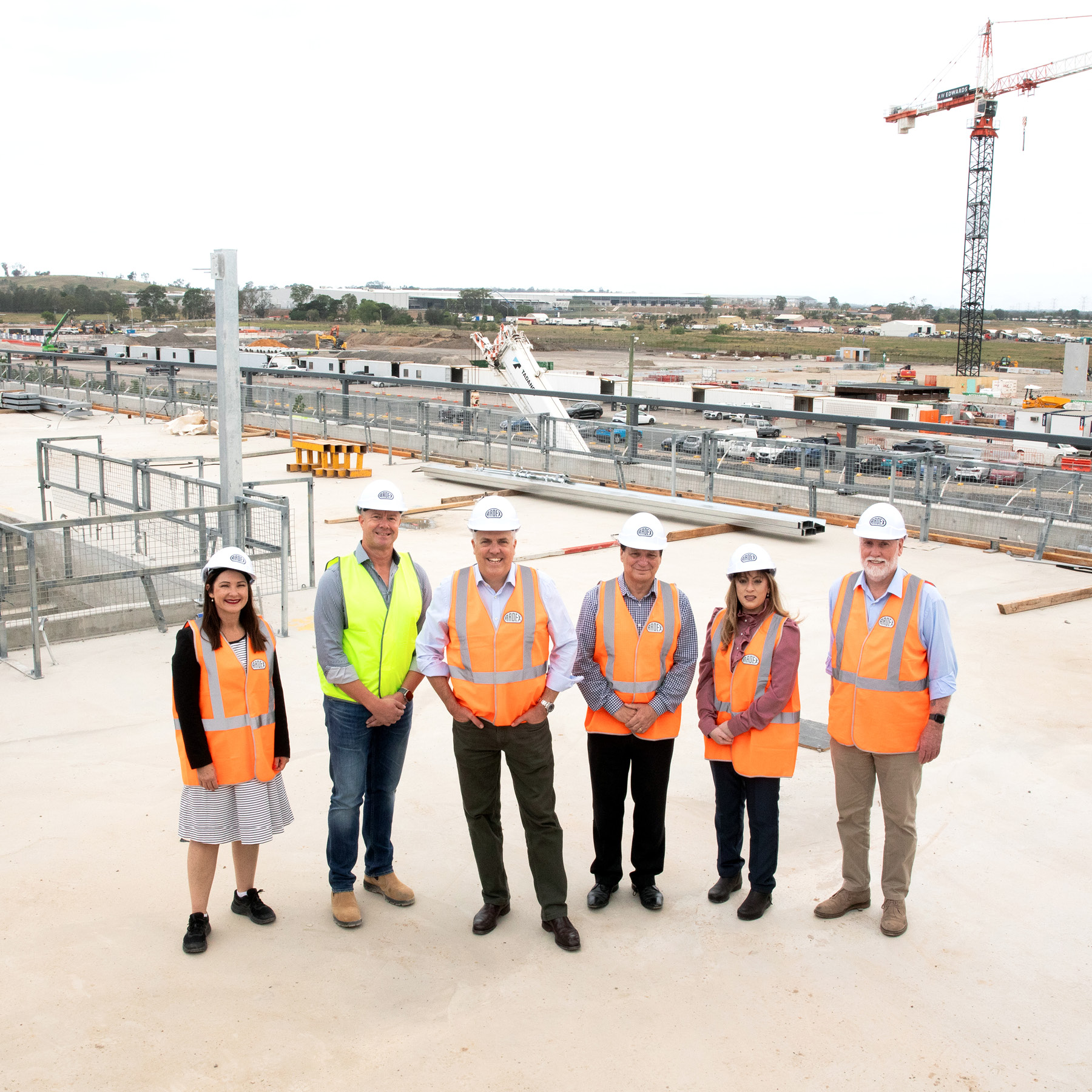
“During my interview, I felt so inspired by the business. I knew ARDEX was a place I could thrive.”
“I’ve always found the manufacturing industry interesting,” he tells The CEO Magazine. “I started off with a smaller, family-owned plastic extrusion company, and a highlight was spending time with the people that made the products. It set me up with a good understanding of how to drive performance.”
It has also kept Morgan grounded throughout his subsequent career. Armed with a Bachelor of Business degree, Morgan moved to construction equipment supplier Tapex, where he spent his first two months on the factory floor as a sales cadet. In the space of a decade, he became Tapex’s Divisional General Manager.
“I was involved in building and running manufacturing plants and got hands-on experience in all parts of the business,” he says. “It was a real adventure, and it set me up nicely for ARDEX.”
Opportunity to Thrive
Morgan joined the Australian arm of the German building materials manufacturer as National Sales Manager in 2007. A decade later, he’d become only the company’s third Managing Director in 54 years.
“I guess the experiment worked,” he says. “During my interview, I felt so inspired by the business. I knew ARDEX was a place I could thrive.”
It’s no coincidence that ARDEX is another family-owned business. Today, ARDEX Australia’s values are as important as ever to Morgan’s leadership. “In our industry, being family owned is a rare thing, and those values fuel passion,” he says.
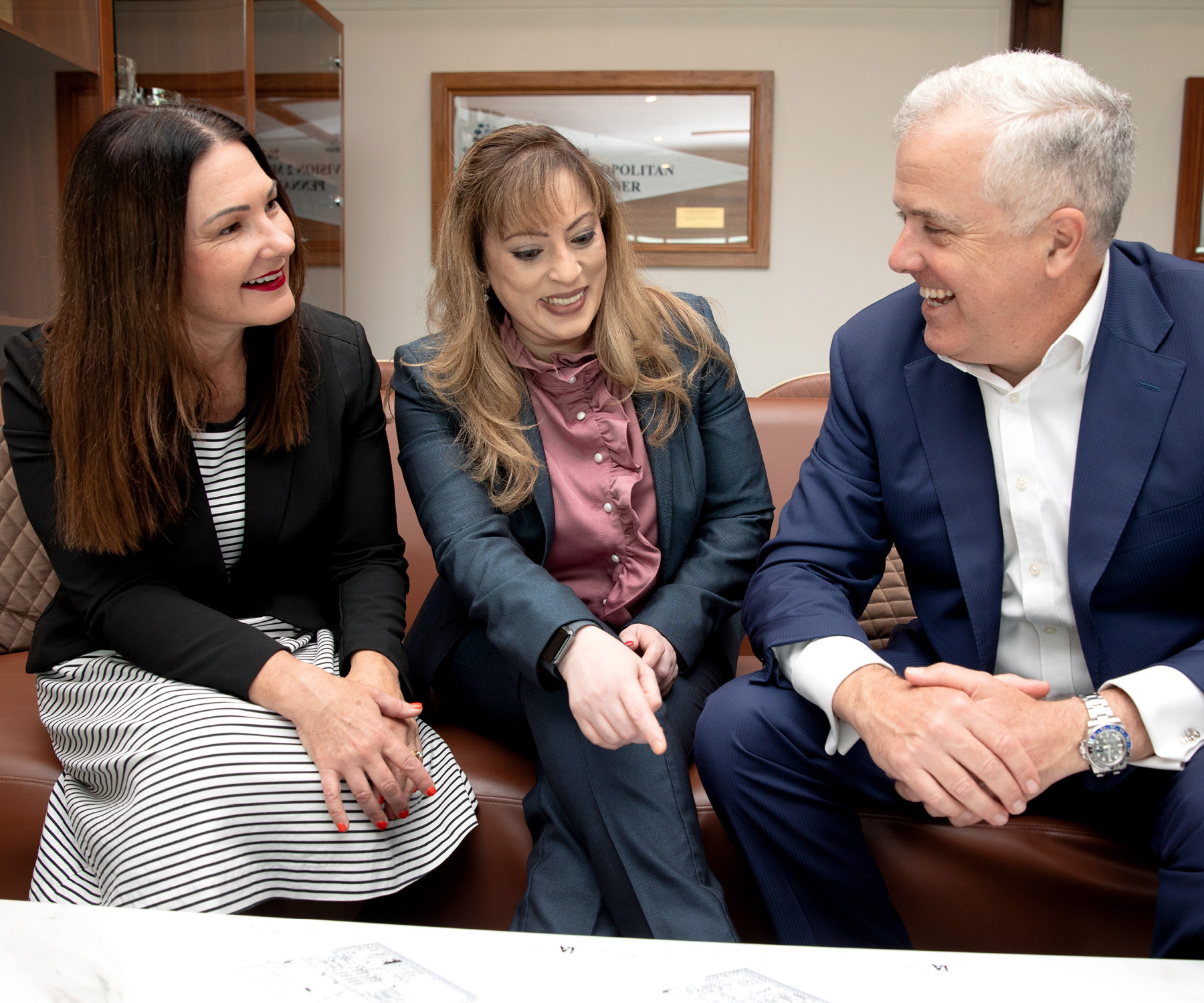
“Risk is believing in a silver bullet. We have silver shotgun shells.”
“That passion is at the heart of our extremely low staff turnover. People like to stay with us, and because we have integrity, responsibility, building and a sense of belonging, we can keep them. We went through the global financial crisis and the COVID-19 pandemic without losing a single person. In fact, we grew our business.”
The success of ARDEX Australia isn’t simply down to Morgan’s grounded approach to leadership, but also the company’s innovations. “At ARDEX we often talk about failing fast,” he says.
“It’s OK to fail; just don’t make the same mistake twice. We do a lot and not everything works, but if it does, and we launch it to the market, we have full confidence in it because it’s tried and tested. Risk is believing in a silver bullet. We have silver shotgun shells.”
Built to Last
This is critical in the building and construction industry, where the end product must be built to last. Morgan says ARDEX Australia already had a reputation for quality when he joined, but he and his team have greatly expanded that esteem.
“We were basically leaders in subfloor preparation and the tiling industry, but we’ve since expanded heavily into the waterproofing and general construction markets,” he says.
“We then expanded more heavily across channels by acquiring different brands, so we’ve gone from the ARDEX brand selling to the professional market to being the largest supplier to the home improvement channel.”
ARDEX Australia’s biggest customer is Bunnings, on whose shelves ARDEX has well over 400 products through its Dunlop, DTA and Cemix brands. Morgan says the partnership inspired further in-house innovation.
“We’ve launched an ARDEX-brand range of bespoke hand tools, which were designed from the ground up specifically for the consumables we sell,” he says.
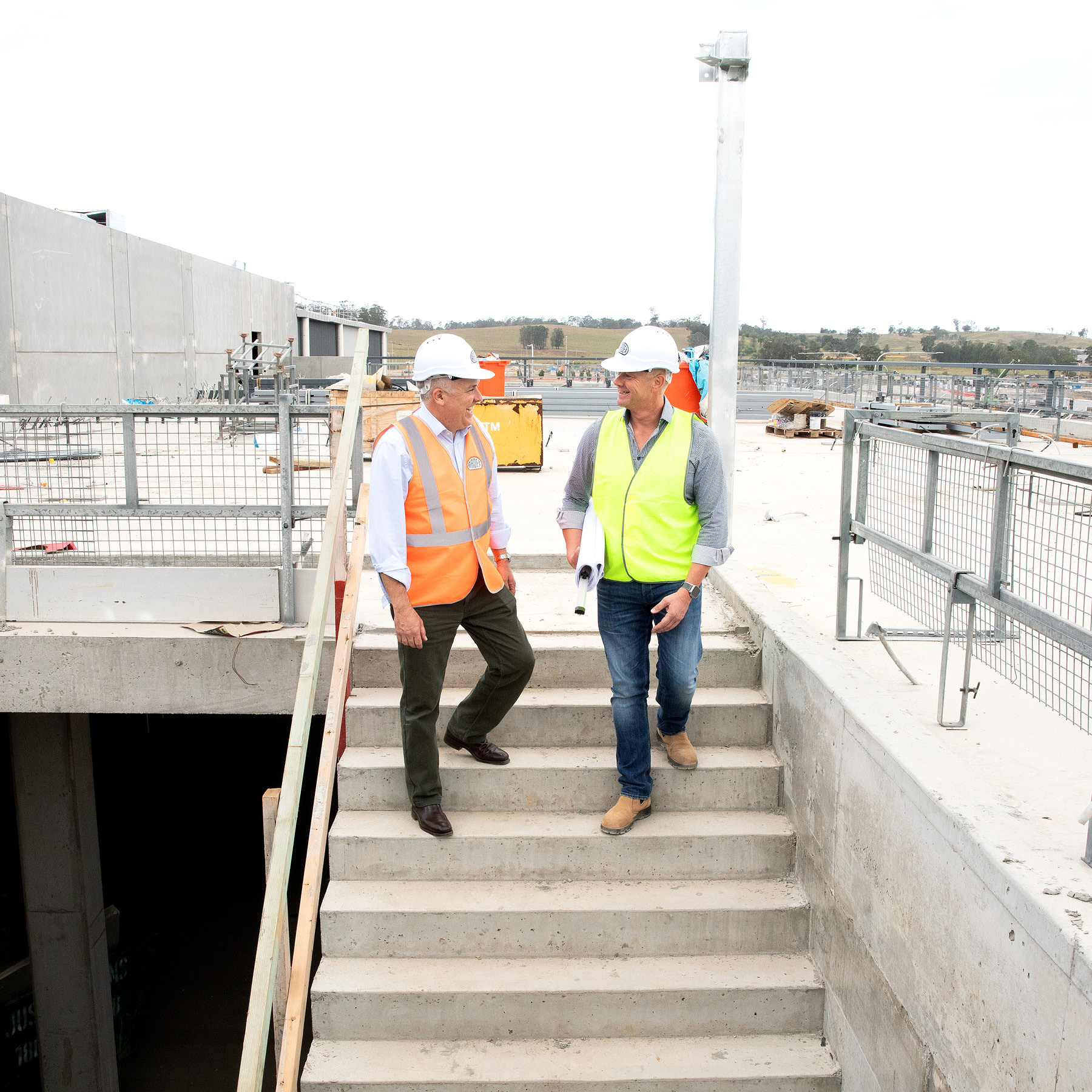
“Something I learned many years ago is that the last best experience a customer receives is what they’ll expect everywhere.”
“At the end of the day, tradies want ease of use. We’re trying to make their job easier, and if we can do that, we’ve won.”
But products are just one part of the company. “We’ve got seven training centers in Australia and New Zealand where we train up to 4,000 applicators per year on how to better use and apply our products,” he says.
As the future dawns, Morgan has been drawing more and more on his life’s learnings to further enhance ARDEX Australia’s portfolio. “Something I learned many years ago is that the last best experience a customer receives is what they’ll expect everywhere,” he says.
“If you’re buying something on Amazon and it’s trackable and at your house in three days, people expect that. It didn’t exist in our business, but we’ll be launching it in February. It took two years and a lot of work, but the hard things you achieve make the gap between you and the competition even wider.”
Continuing Expansion
One of the biggest undertakings in that vein is ARDEX Australia’s new US$92.5 million (A$140 million) manufacturing and regional headquarters at Kemps Creek, west of Sydney.
“It’s a bespoke 43,000-square-meter site with a 50-year design life and triple our existing training, manufacturing and laboratory space,” he says. “Our shareholders supported us when we needed to invest. Now, we need to deliver on that promise and keep the expansion going.”
One thing that won’t change is ARDEX Australia’s strategy; nor will Morgan’s strategy of listening to those at the coalface.
“We’ve built a vision together, a common purpose. It can’t just be my vision. You can really speed up by slowing down and bringing the team with you. You’ll end up at the goal a lot quicker.”

View from the top
There’s truth in the old cliche that for CEOs, it’s lonely at the top. That’s why Morgan and a close-knit group of 15 entrepreneurial CEOs regularly meet up to share stories and experiences.
“I want to understand other people’s challenges and how they’ve overcome them, and I take those learnings back to ARDEX,” he says.
“I think spending time away in other people’s businesses and understanding their issues makes you a stronger leader.”

